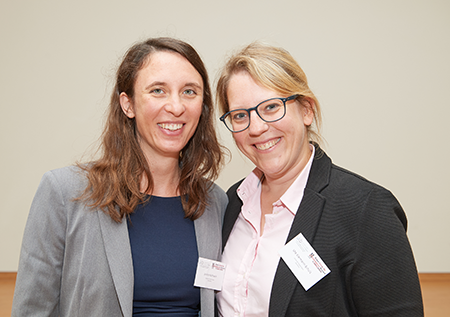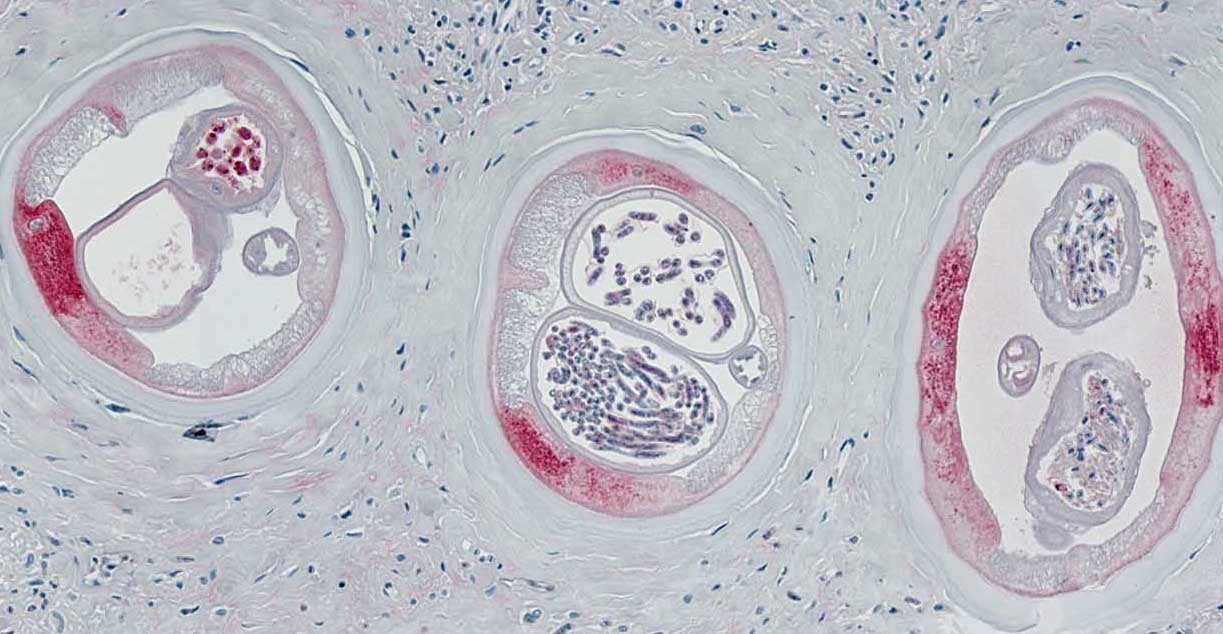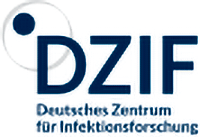22.07.2021
IMMIP receives $1.48 million grant from the Bill & Melinda Gates Foundation for the development of new technology to better combat river blindness
The Institute of Medical Microbiology, Immunology and Parasitology at the University of Bonn is the recipient of a $1.48 million grant from the Bill & Melinda Gates Foundation. Together with the international IT consultancy Capgemini and the Drugs for Neglected Diseases Initiative (DNDi) in Geneva, researchers are developing technology to better combat river blindness, which is caused by parasitic worms. Artificial intelligence will be used to machine-read sections of worm nodules in tissue, enabling drug testing to be standardized and significantly accelerated.
The adult female worms, up to 30 centimeters long, usually live in nodules (onchocercomes) in the subcutis; they are fertilized by males that migrate around in the body. In the onchocercomes, the females bear worm larvae (microfilariae). "This whole process can be detected under the microscope by looking at histological samples," says Prof. Dr. Achim Hörauf, director of the Institute for Medical Microbiology, Immunology and Parasitology (IMMIP) at the University Hospital Bonn (UKB). The effect of new drugs that can inhibit or kill the worms at different stages must therefore also be confirmed using histological samples. Continue reading...

L-R, Dr. Janina Kühlwein and Dr. Ute Klarmann-Schulz
© Volker Lannert, Uni Bonn
Dr. Ute Klarmann-Schulz and Dr. Janina Kühlwein from IMMIP have contributed significantly to the execution of the work to date and the application process

© IMMIP
Three different sections - of a female worm in a node side by side: Dark red is the staining of the Wolbachia surface protein. Wolbachia are endosymbiotic bacteria that are detected in the hypodermis and embryonic stages of worms. Artificial intelligence can be used to detect worm sections containing Wolbachia, for example.


